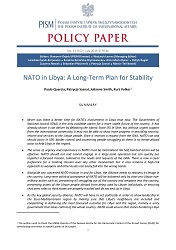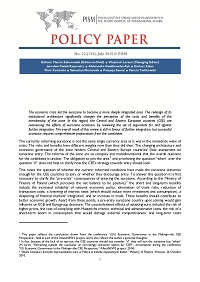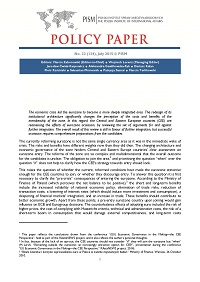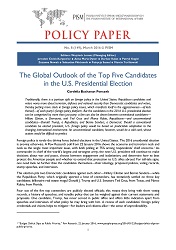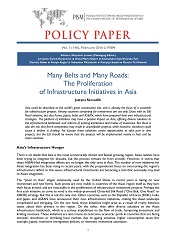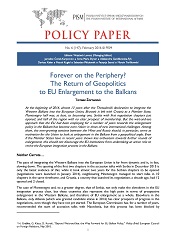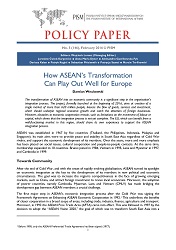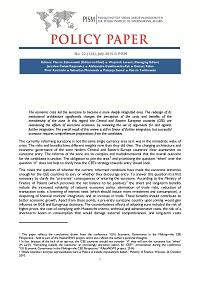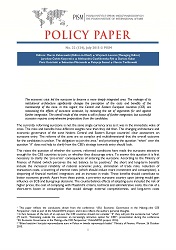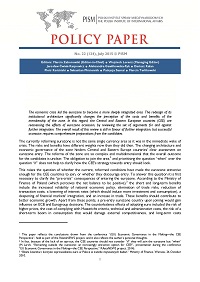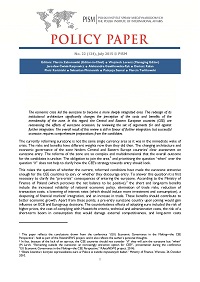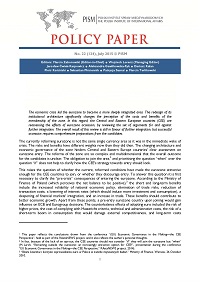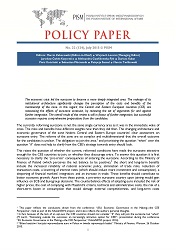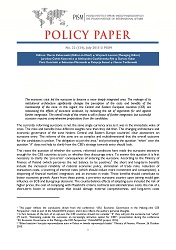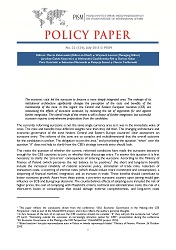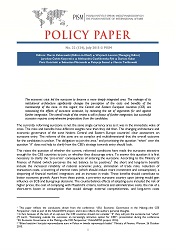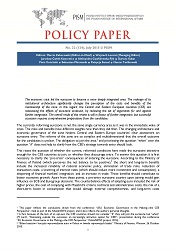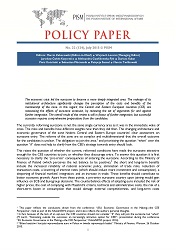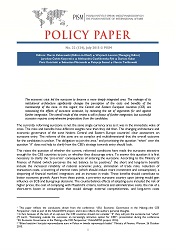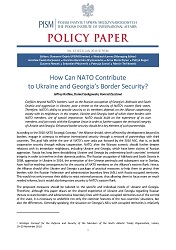
№153: How Can NATO Contribute to Ukraine and Georgia’s Border Security?
№153: How Can NATO Contribute to Ukraine and Georgia’s Border Security?
Keywords: Georgia; OTAN; NATO; Ukraine; Security; East Europe
Conflicts beyond NATO’s borders, such as the Russian occupation of Georgia’s Abkhazia and South Ossetia and aggression in Ukraine, pose a threat to the security of NATO’s eastern flank states. Therefore, NATO’s ability to provide security to its members depends on the Alliance cooperating closely with its neighbours. In this respect, Ukraine and Georgia, both of which share borders with NATO members, are of special importance. NATO should build on the experience of its own members, and join ranks with the European Union in order to further support the territorial integrity of Ukraine and Georgia. Enhanced border security should be a key element of such partnerships.
More...
